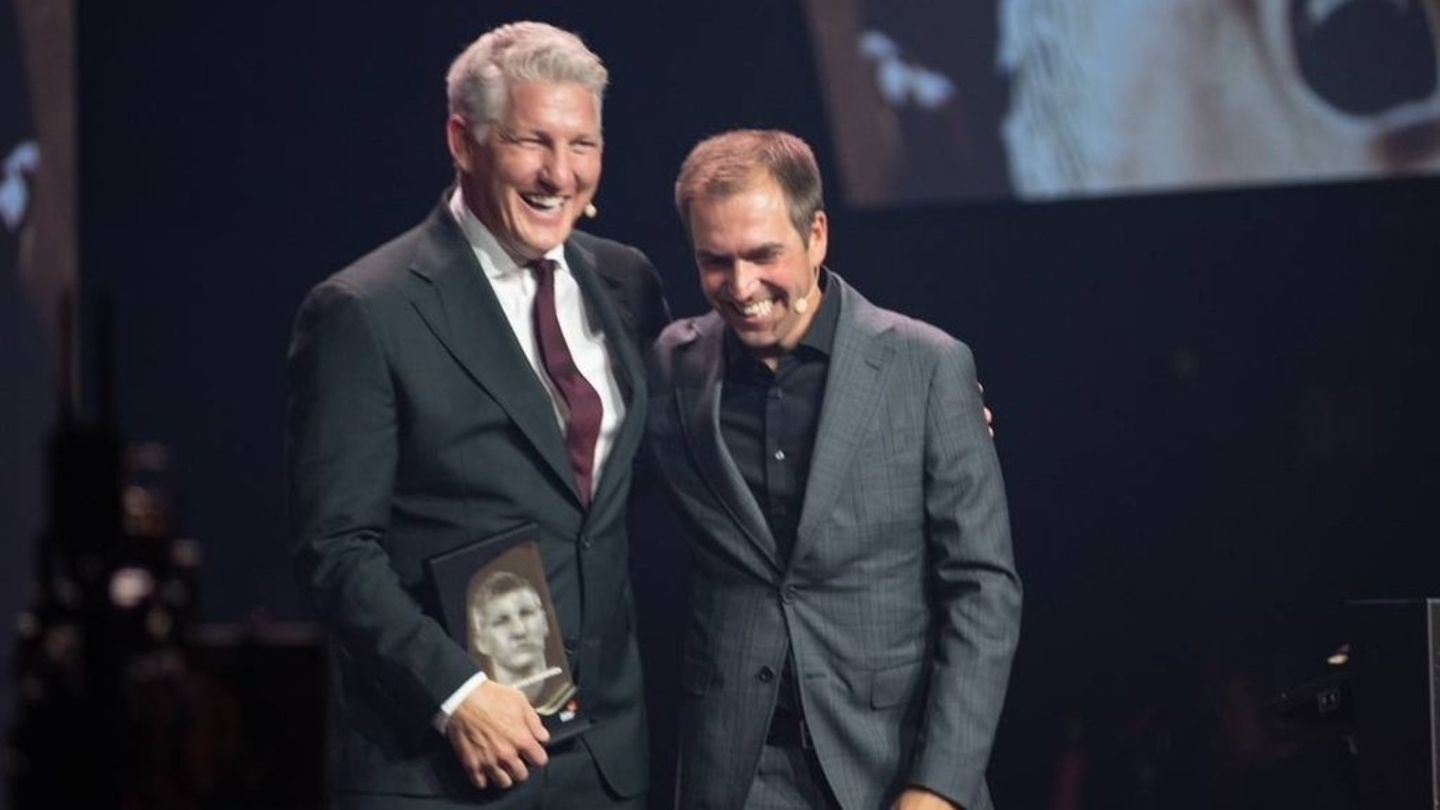The aim is to raise awareness, to sharpen the view that industry and climate protection are not mutually exclusive, but that the federal government, and above all the responsible minister Leonore Gewessler, urgently needs to take action. Linz Mayor Klaus Luger (SP) explained today why two resolutions should be passed at the next municipal council meeting on May 24th.
It is high time that Austria got going on the issue of new technologies. “We’re lagging behind,” Luger stated, referring to Germany, which is one of the few countries that decided on a national hydrogen strategy two years ago. “In Austria nothing happened apart from announcements. Everything is in the pipeline.” The hesitation creates a competitive disadvantage for Austrian industry.
This applies not only to the topic of hydrogen, but also to a decarbonization plan for industry. Announced for years, there is not even a draft yet. With the “greentec steel” project, voestalpine would have a clear plan on how to make steel production more environmentally friendly, according to SP municipal councilor Roland Baumann, who is a works council member at voestalpine.
As far as the necessary financial support is concerned, Luger speaks of at least one billion euros, which is necessary so that the industry remains competitive as a large employer and at the same time something is done for climate protection. The city of Linz has a “special responsibility” because it is a strong industrial location. Failure to act would cause more damage in Linz than in other Austrian capitals.
By the way: For the Linz Social Democrats, hydrogen is not the only solution as a substitute for gas. It makes sense for industry, but not for households and only partly for transport. In local transport (such as the Linz Linien), the future will lie in fuel cells, while hydrogen could be the successor to e-technology over long distances, according to Luger.
Source: Nachrichten




